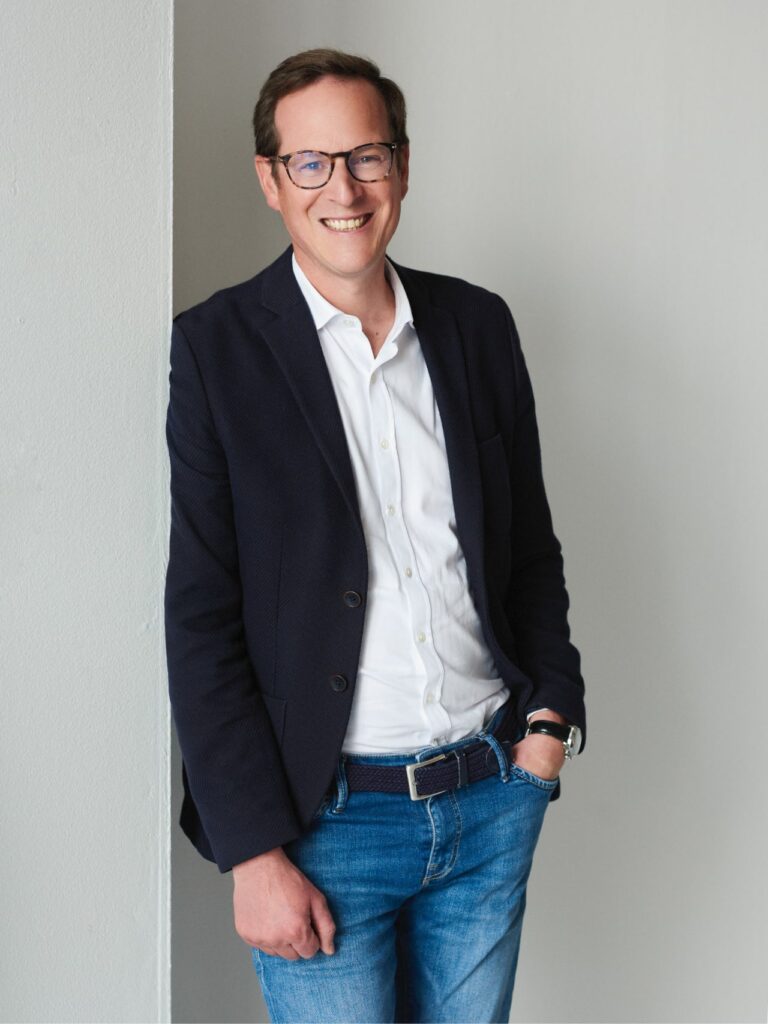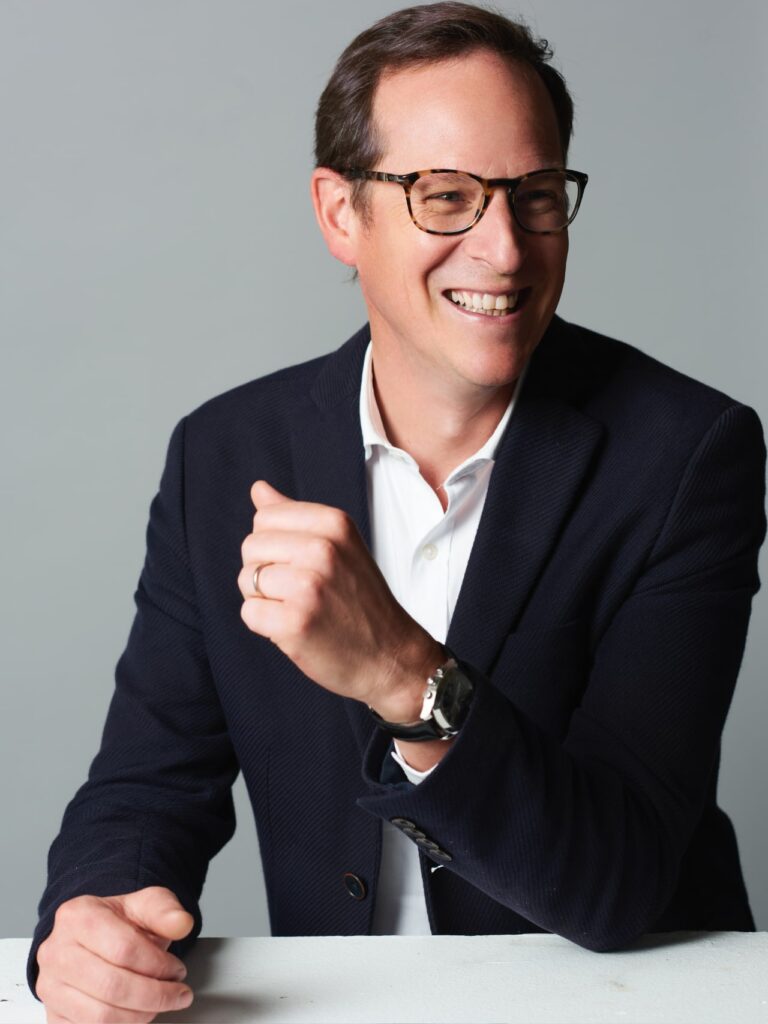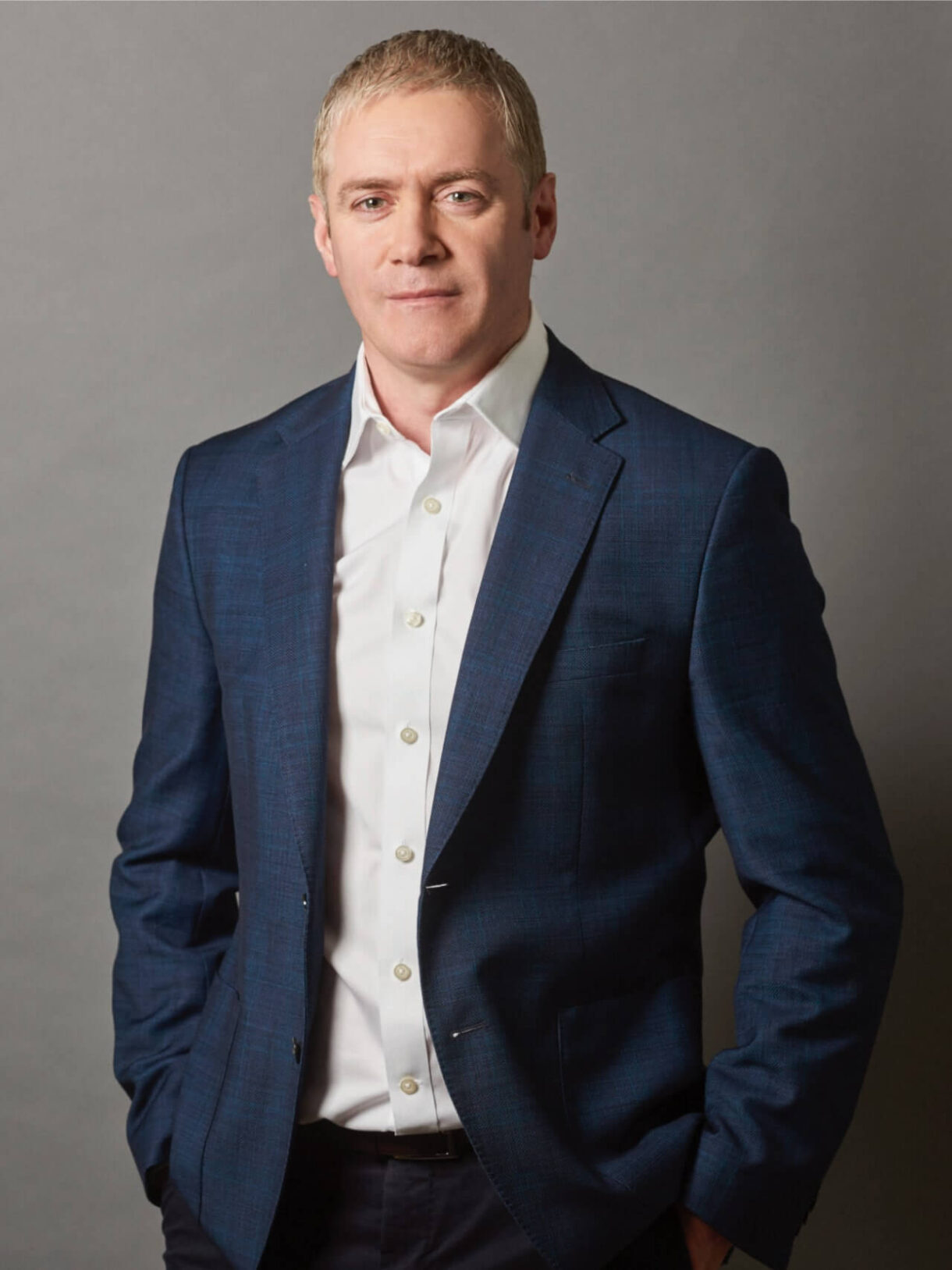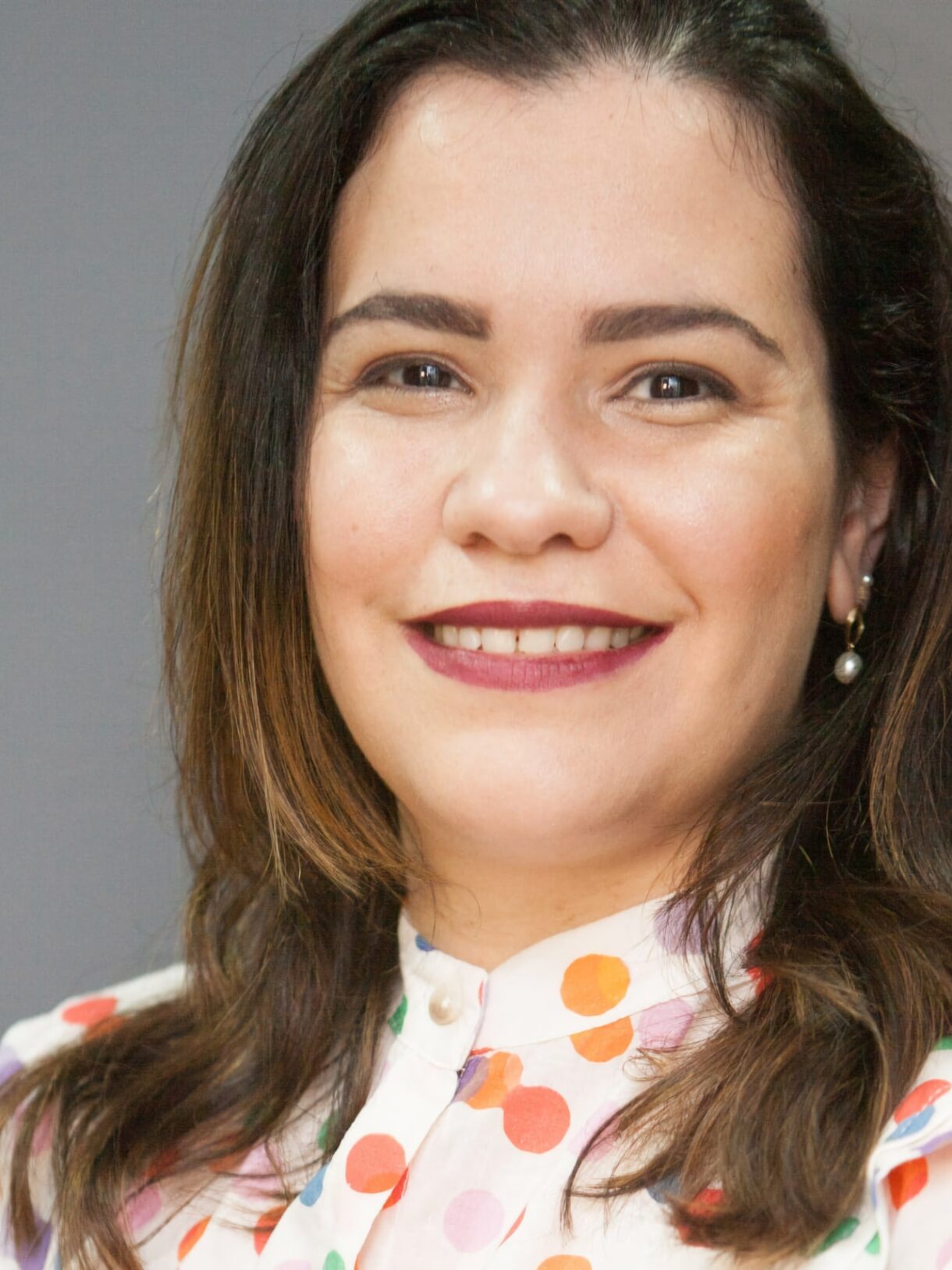A man with a plan
Legendary management consultant and writer Peter Drucker once said that culture eats strategy for breakfast. And if the saying is true, it’s a good thing that the man in charge of strategy and business planning at The Absolut Company is all about culture.

We had a chat with Quentin Meurisse, VP Business Acceleration & Planning, on what he does, how he likes it and why on earth he decided to give up a castle in Champagne for a desk with a view in Stockholm.
What attracted you to the Absolut Company?
For me, the most important factor was to take on a new challenge. I had been working with amazing Champagne and Cognac brands for nearly ten years. I really loved it! It’s an outstanding business, with a high level of craftsmanship and attention to detail. But after a while, I started to feel that there was a risk that I would continue to repeat the things I knew worked, and that maybe I wasn’t learning as much as I wanted to anymore. To me, it’s important to put myself in situations where I feel that I can challenge myself. In addition to that, I was excited to work with Stephanie. We used to be colleagues a long time ago, and we share a passion for art and champagne.
What’s it been like moving to Sweden?
Absolutely fantastic. The country and the atmosphere are great, and I really love working with my team. Everyone is so engaged and welcoming and the office is amazing, with breathtaking views of the water that’s nearby everywhere in Stockholm. You can really see the seasons change right in front of you and it’s amazing to actually be able to go to work in a kayak! Where else can you do that? I fully relocated here from Paris last summer and I can’t wait to experience the Swedish midsummer.
Everyone is so engaged and welcoming and the office is amazing, with breathtaking views of the water that’s nearby everywhere in Stockholm.
Your title – VP Business Acceleration & Planning – is quite hard to decipher. Can you elaborate a bit on what it is that you do?
Well, business acceleration is pretty straight forward. It’s all about helping TAC’s affiliates build an efficient strategy on how to grow our brands. It’s also part of my job to provide the right tools that allow the market to build our brands successfully. The goal is to ensure that each market can grow their brands to their maximum potential – to see to it that the strategies are aligned with the market reality and try to have every market move in the same direction. We want to build global cultural brands that are locally relevant. At the end of the day Absolut must still be Absolut. The way we go to market might vary slightly in order to be relevant, and depending on legislation and needs, we might also have some extensions that are more local. But the brand stays the same.
Does that mean that every market has its own needs that they need help with?

Oh yeah, for sure. The first time you visit a new market you discover something new, and every time you enter a market you also discover something you didn’t think of. So, in a way, you’re always looking for the market that causes you the most headaches. If you understand them, you’re ready for the rest. More difficulties often occur in countries where the culture is fundamentally different. But most of our markets are very aligned with the strategy, especially for Absolut.
Do they go rogue sometimes anyway?
Not really. It might have happened in the past, I don’t know, but now we have teams based in key markets. And they know if we should, for instance, do local adaptations of global assets. It’s called a multi-local model. We have defined a limited amount of what we call ‘drive markets’, i.e., priority markets that have both an importance for the brand and an importance in their region. These markets are able to co-develop bespoke assets to ensure maximum impact in their regions. For example, if we develop something for the US, it will be for US and Canada and all English-speaking markets. If we develop something for China, it will be for China and other Chinese speaking markets, and potentially re-adapted and translated for Kore and potentially re-adapted and translated for Korea.
You’re also responsible for business planning. What’s that about?
It’s planning for the future and helping brand teams and markets to seize opportunities for tomorrow. We work with many different teams, including consumer insights, finance, and the HQ in Paris. We also work with the market to understand where we want to be in five years. By having a long-term perspective on business, we can assess what we need to do today in order to achieve new opportunities years down the road. We might investigate if there’s something a competitor is doing, or if there’s a market trend that we’ve not converted into a business opportunity yet. It’s the consumer insights teams’ job to point out that people are having more drinks at home due to COVID, and that there’s an interest to learn about cocktails and home entertainment. But it’s the business planning team that suggests investment in direct-to-consumer cocktail educations in that market, to allow Absolut to be the winning cocktail ingredient and to see how we can grow further and open up new markets for Malibu and Kahlua by tapping into key consumer trends like sweet and refreshing flavors or coffee. Our role is to be the coordinator of efforts, but it’s the creatives and insights departments who are sitting on the crystal ball for the entire organization. We’re just a department trying to figure out where we can go next and measure how well we’re tracking.
Do you see potential for growth?
Yes, I think there is still a large potential for growth. We have a quite strong position with Absolut in markets that are growing fast; India, China, Brazil, and Mexico, and in the bigger scheme of things, Absolut is a big brand but still not the largest brand on Earth. So, yes – I think we can grow, especially with brands like Malibu and Kahlua. They are still small in comparison to other brands. If you look at how many markets we reach, it’s still very few which means there’s potential to scale up. We have a share of the market, we have size, we have the means to invest, and we know there’s a great base of consumers. In many markets, Malibu is well distributed, but should be much more activated so we really are working hand in hand with markets to accelerate both Malibu and Kahlua. So, the opportunity is there, it’s more a matter of getting atop of priority for the affiliates.
What makes you tick at work?
That’s a tricky question. My job is all about strategy and the future. And that’s part of what I like to do. But I also have other responsibilities that I find very interesting and rewarding to work with. Like Absolut Home, our visitor center for Absolut brand fans in Åhus, and the Absolut Academy. The latter one has been around for 30 years, but due to COVID, we had to shut it down for two. Now, we’ve restarted it again, with a new team and new energy. That work is less about strategy, and much more about doing – execution, execution, execution. Those are all things I enjoy but right now, it’s really all about strategy and business.
What’s important to you as a leader?
Clarity. Being able to simplify what we are trying to achieve, especially for teams that work on different timelines, in different time zones, in different businesses, and on complex reporting lines. In other words, all the complexity encountered in a matrix organization. You need to provide a sense of purpose to what we’re doing because everyone’s running in different directions. Sometimes it’s a bit like asking your team to deliver a part of a car every day, but they never get to see the design of the car, which makes it difficult for them to understand how their effort actually fits in the greater scheme of it all. So, my job as a manager of that team, and even teams that aren’t mine, is to always remind everyone that we’re rowing the same boat, in the same direction. Sometimes it takes time to align, but it’s important to remember what we’re trying to achieve, which is to build brands that are part of the culture.
How do you think your management team would describe you?
I think I’m the one who always gets back to the business. In order to have the best marketing campaigns, we need to make sure not to only deliver on consumer needs, but also on business needs. I’m the pragmatic guy wearing the market hat. We can do all kinds of brilliant stuff, but if it doesn’t answer to what the customer wants it will just live inside a computer.
Was there ever a time, if you look back at your career, when there were some specific challenges you had to overcome?
Every day brings new challenges especially these last years from the COVID crisis to the Russia/Ukraine war that both strongly impacted our business. The only way is to work as a team and adapt your strategy on a daily base and focus on the long-term strategy whilst being very flexible and adaptive in the short term.
What’s your best practice for achieving Paul Ricard’s motto of making a new friend every day?
My best practice is to talk to people. Trying to understand who they are, where they’re from, and what they’re working on. I also attend company conventions, dinners, and after-work drinks to meet new people. My goal is to always approach those I’ve never met before and to always make myself accessible for people to talk to me. Open doors, both physically and mentally.
We can do all kinds of brilliant stuff, but if it doesn’t answer to what the customer wants it will just live inside a computer.
What kind of advice would you give to someone who would like to work in your team?
Build connections. A strategy may be the outcome, but connections are what helps you ask the right questions. Be curious and talk to people. Don’t be afraid to ask for help. If you’re stuck on a problem, reach out and someone will help. This is the very idea of collaboration and working together. Ask for it, and you will get support.
What would you have done if you hadn’t worked at TAC?
I don’t know… I love the spirit industry so I might be working for another Spirit brand or in a market and ideally in Pernod Ricard. The other thing I can think of that I’d like to do if I wasn’t here, is to be self-employed and have my own business. Although, I don’t know what kind of business… So, to sum it up, I like what I do and feel really lucky!


